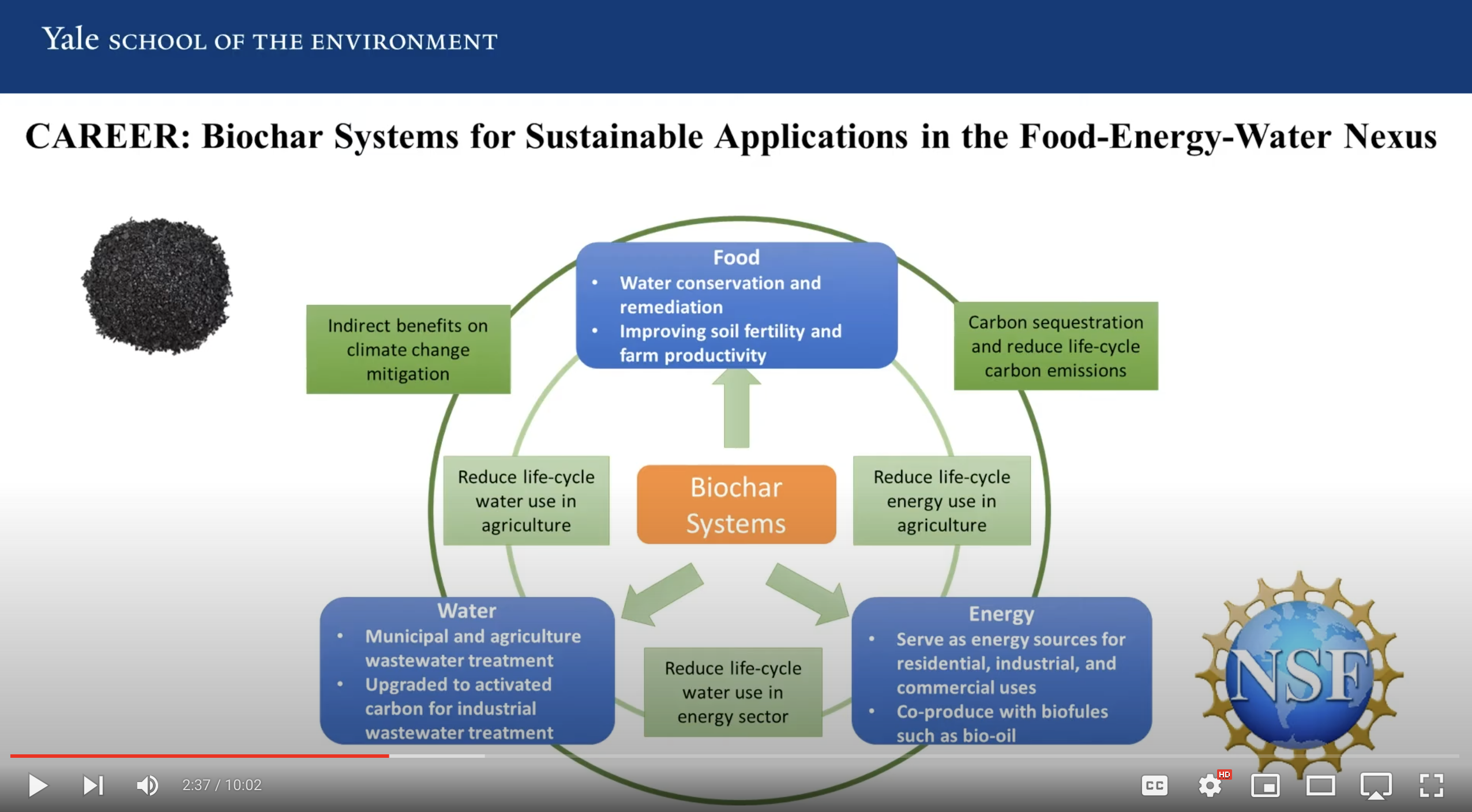
Biochar Systems for Sustainable Applications in the Food-Energy-Water Nexus
This is a five-year research project funded by the U.S. National Science Foundation.

Biochar can sequester carbon in soil – so why aren’t farmers using it?
One of the most effective and long-lasting ways farmers can move carbon from the atmosphere into the soil is to use biochar. But if it is so…
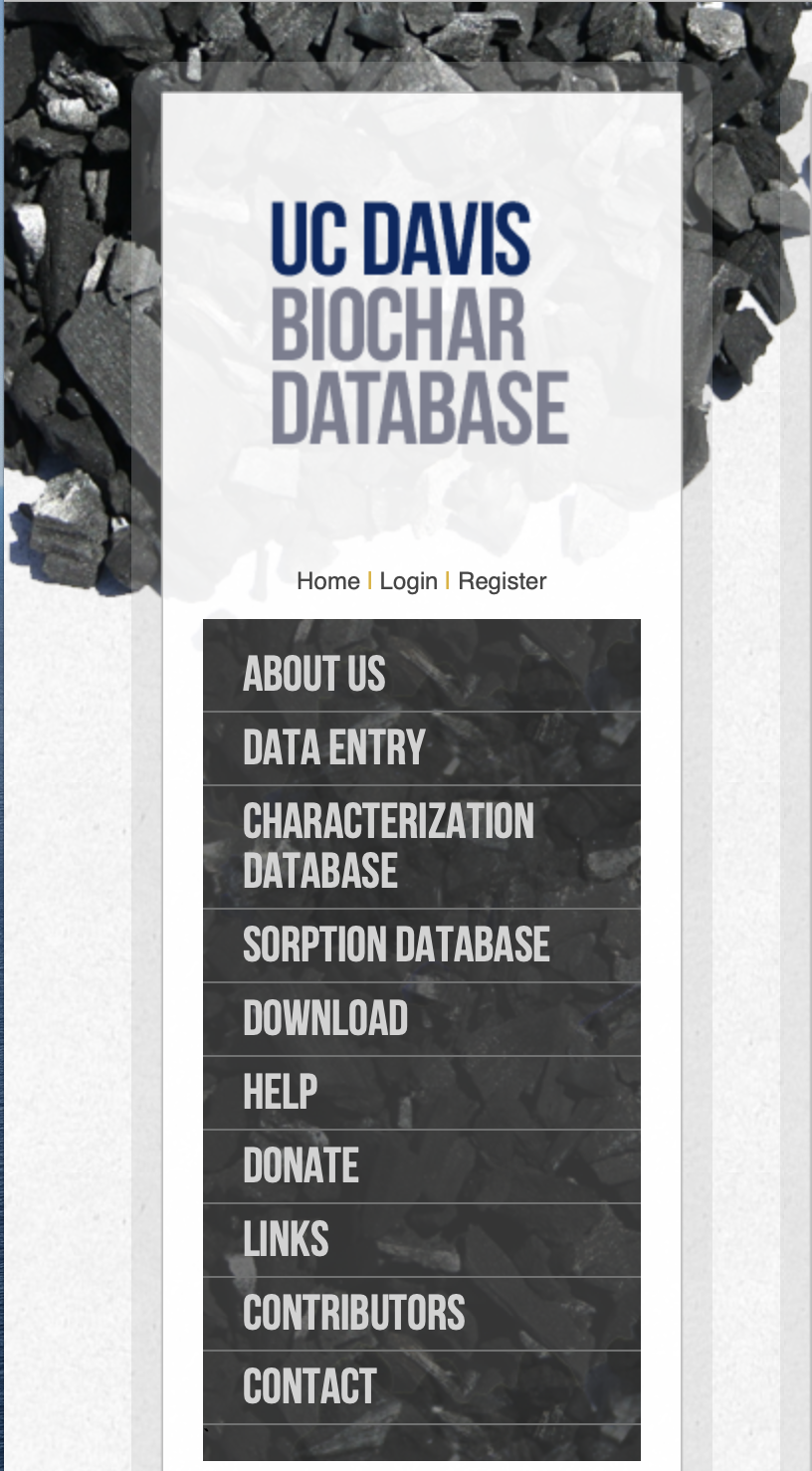
UC Davis Biochar Database
UC Davis has created a searchable database of biochar characteristics, including sorption characteristics.
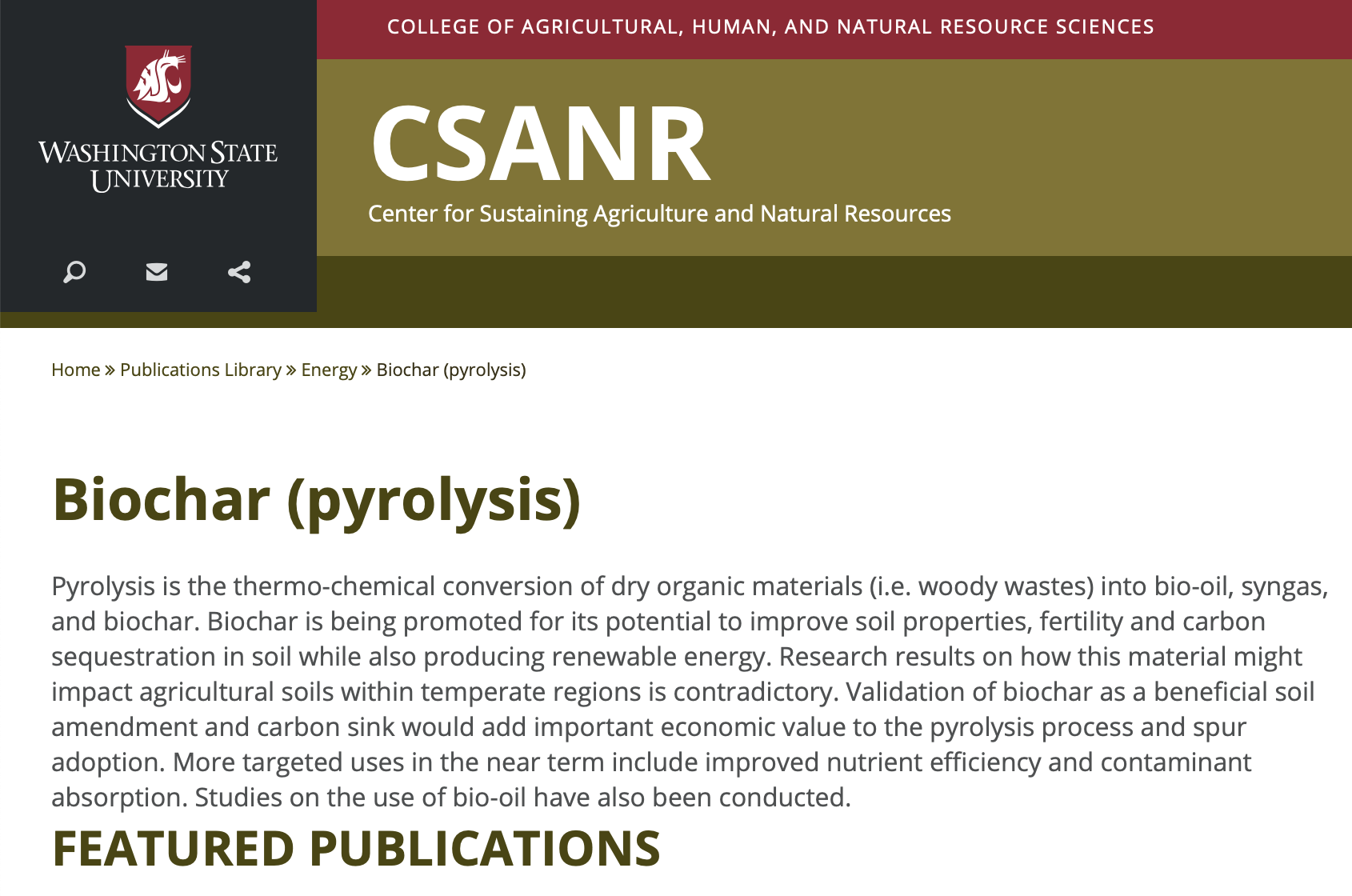
Washington State University Pyrolysis and Biochar Publications
Visit this page for an index to a number of high quality biochar research reports and publications by the WSU Center for Sustaining Agriculture and…
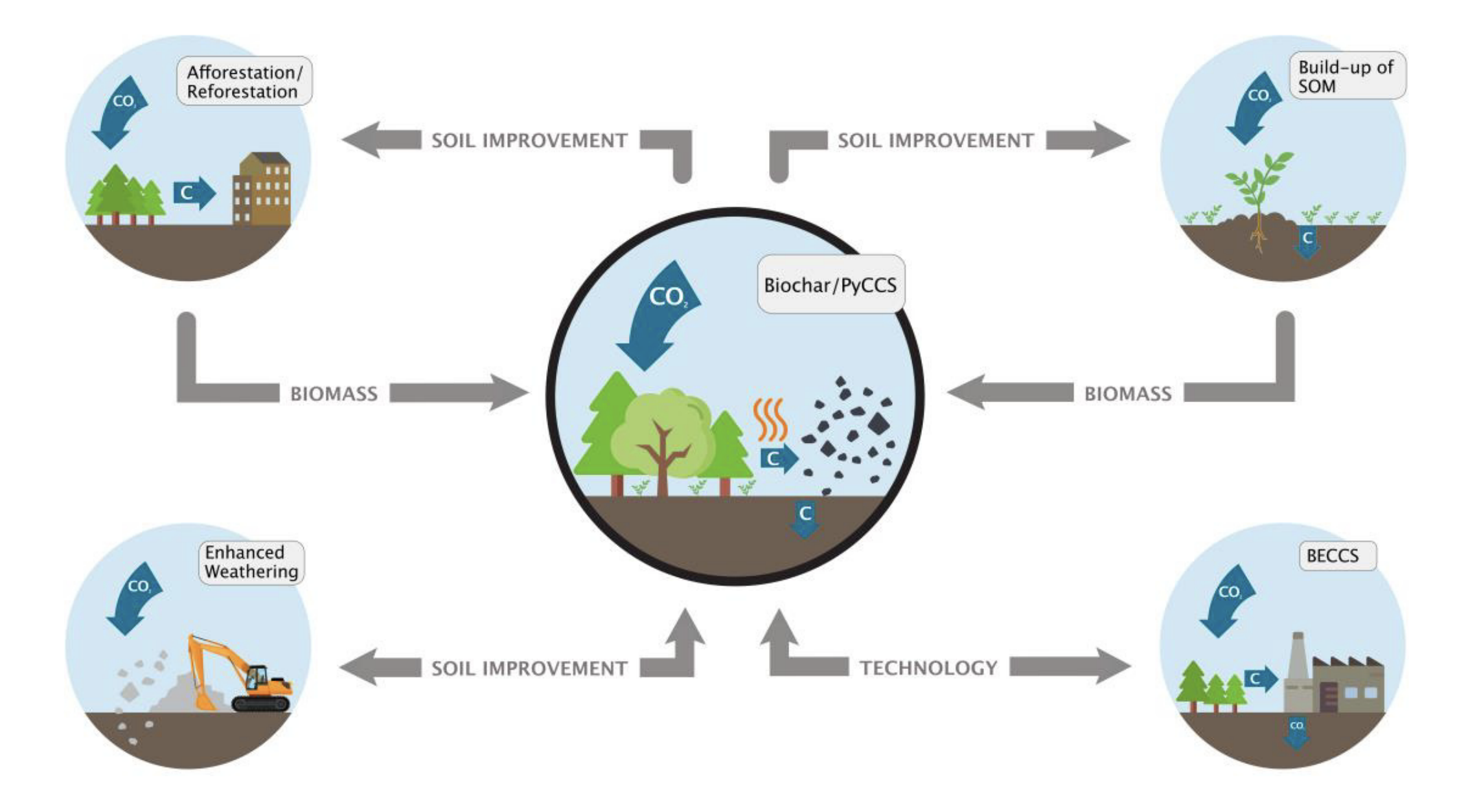
EBI Whitepaper Biochar-based carbon sinks to mitigate climate change
The threat of climate change is increasing constantly. This is seriously bad news.

A Survey of Biochars: Interactions with Dissolved Ammonia, Nitrate, and Phosphate
Presented on August 8, 2014, by Edward Colosky - Graduate Student at the U
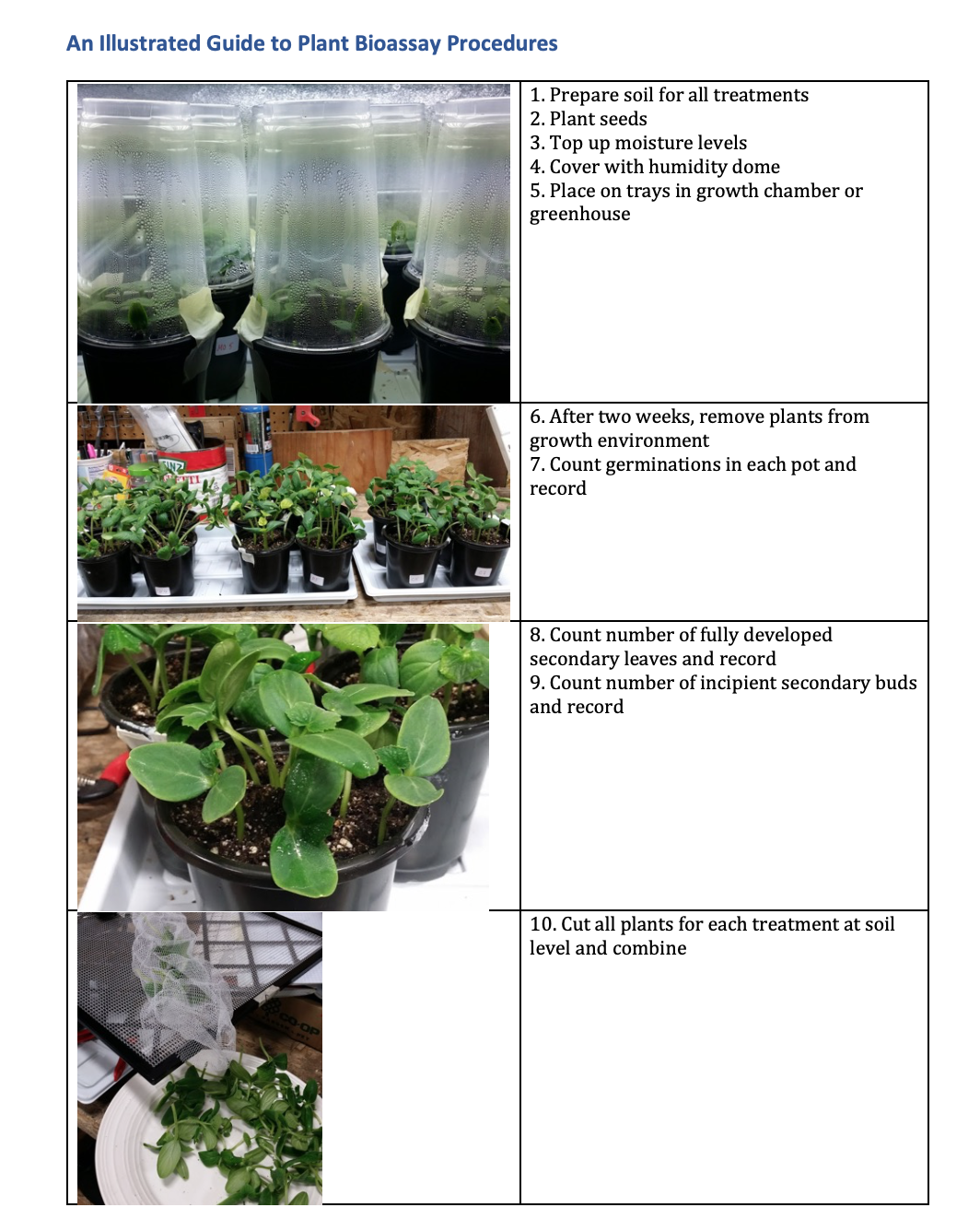
Practice Guideline: Plant Bioassays to Evaluate Biochar Compost
This guideline was developed by the Umpqua Biochar Education Team for an NRCS Conservation Innovation Grant.
Combined Heat and Biochar Technology Assessment - USBI Report
Combined heat and biochar (CHAB) technologies are systems that optimize the combustion of wood residues.

Reducing Stormwater Runoff with Biochar Addition to Soils in Ellicott City, MD
A presentation of 1.5 years of research in partnership with University of Delaware under a grant to Howard EcoWorks from the National Fish and…
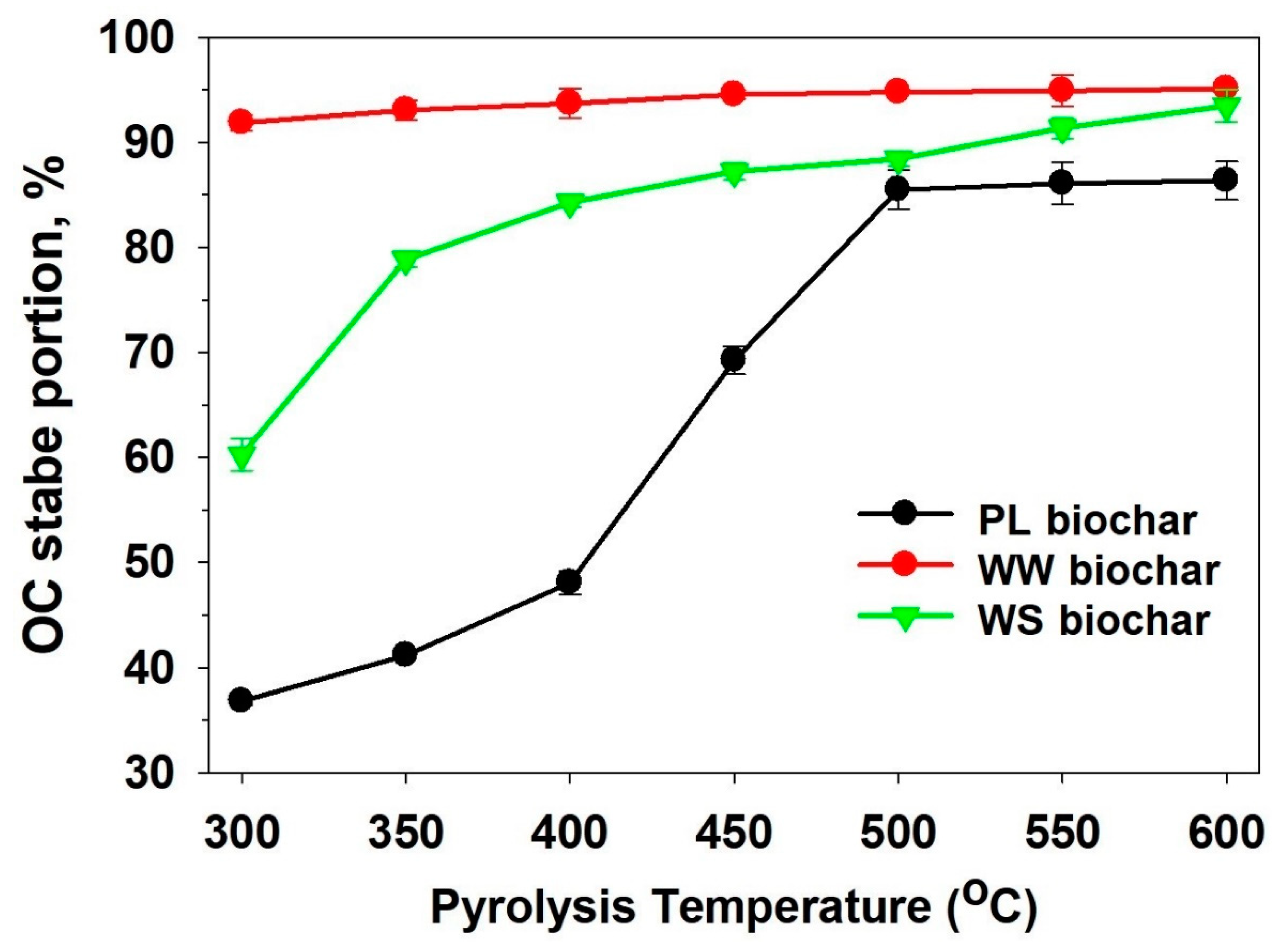
The 3R Principles for Applying Biochar to Improve Soil Health
Amending soil with biochar is a promising approach to persistently improve soil health and promote crop growth.
